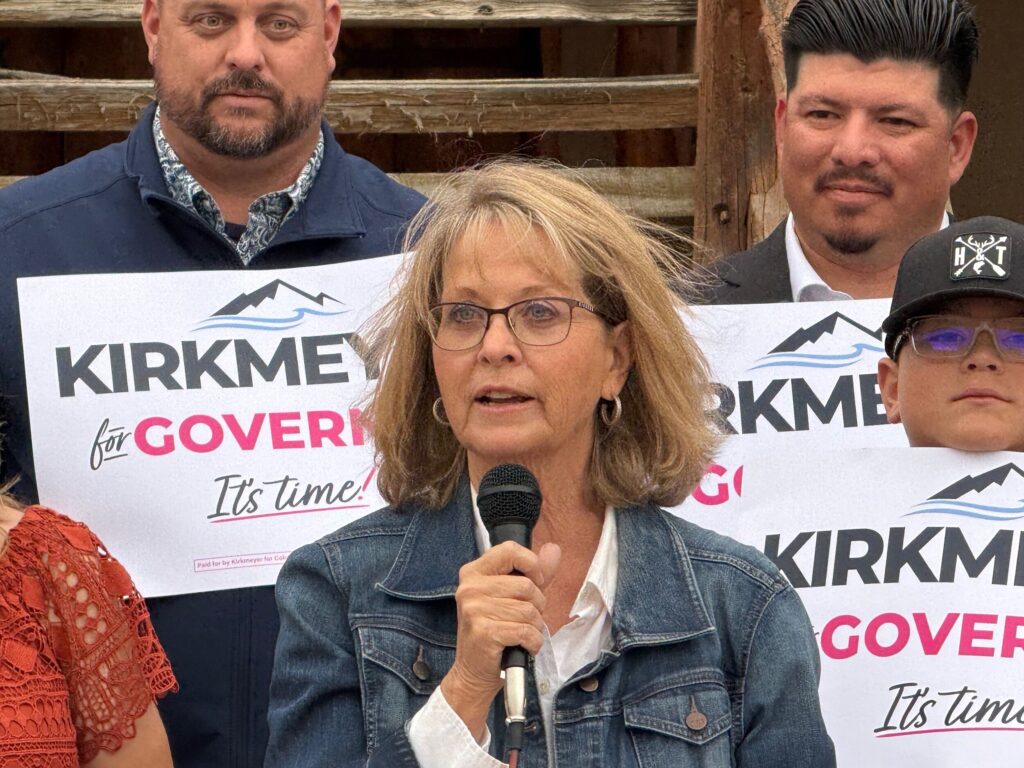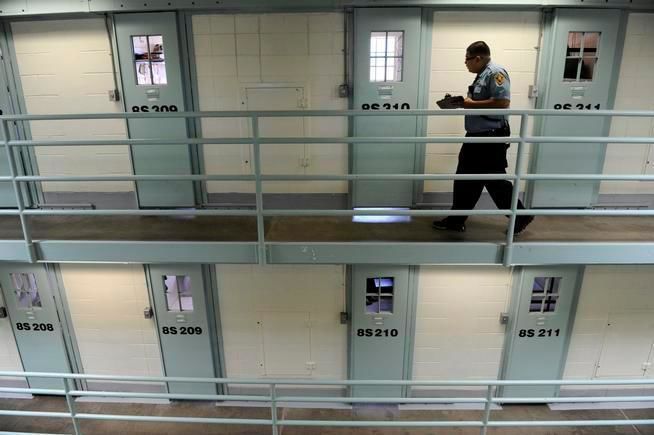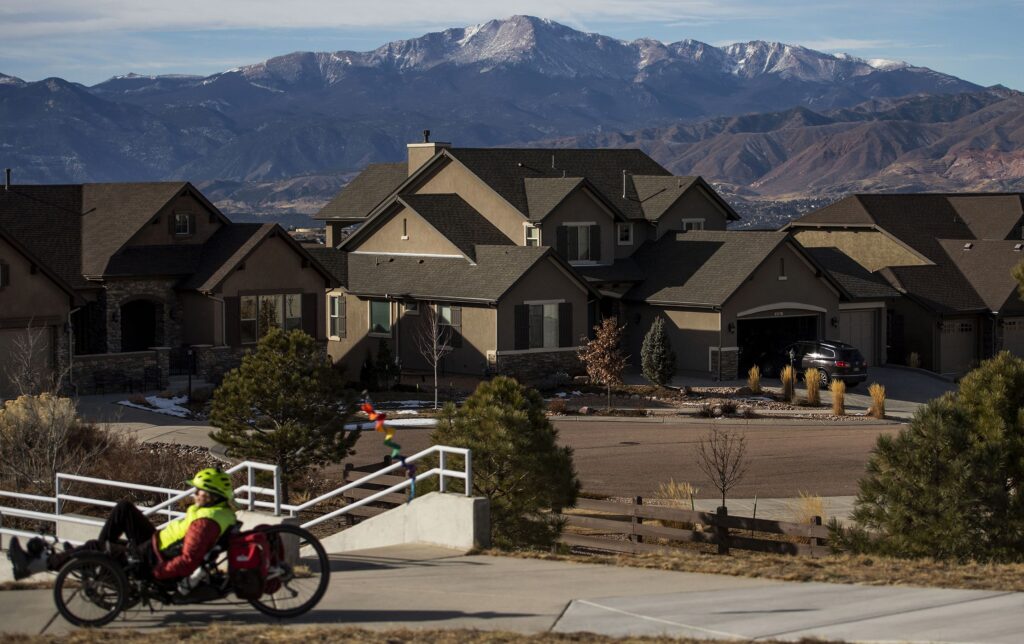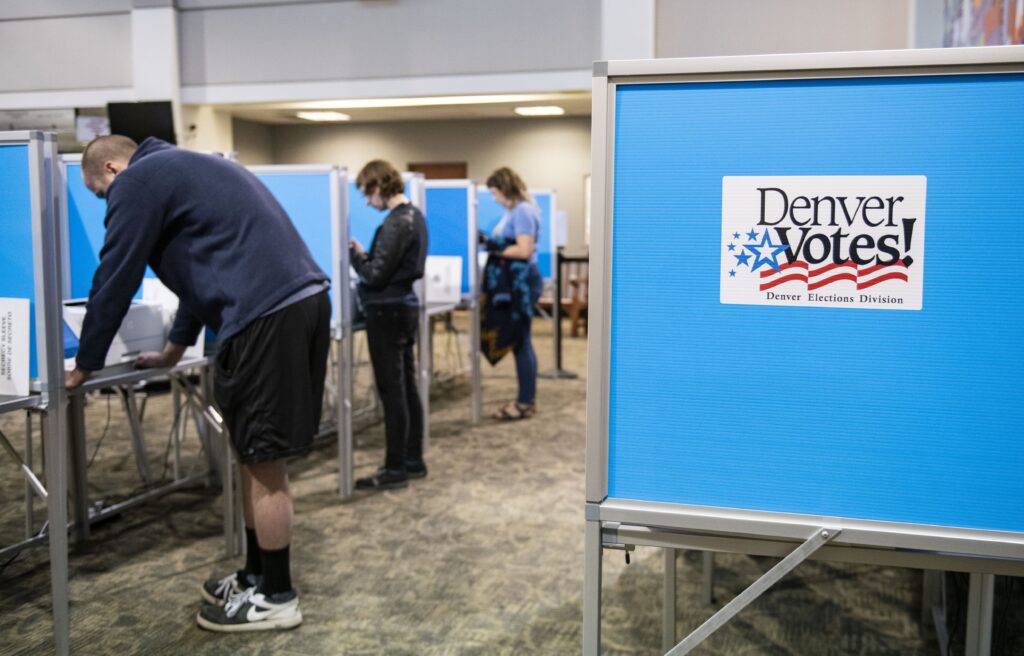Colorado lawmakers only have $23 million for new programs but agree to tackle measures totaling $2 billion
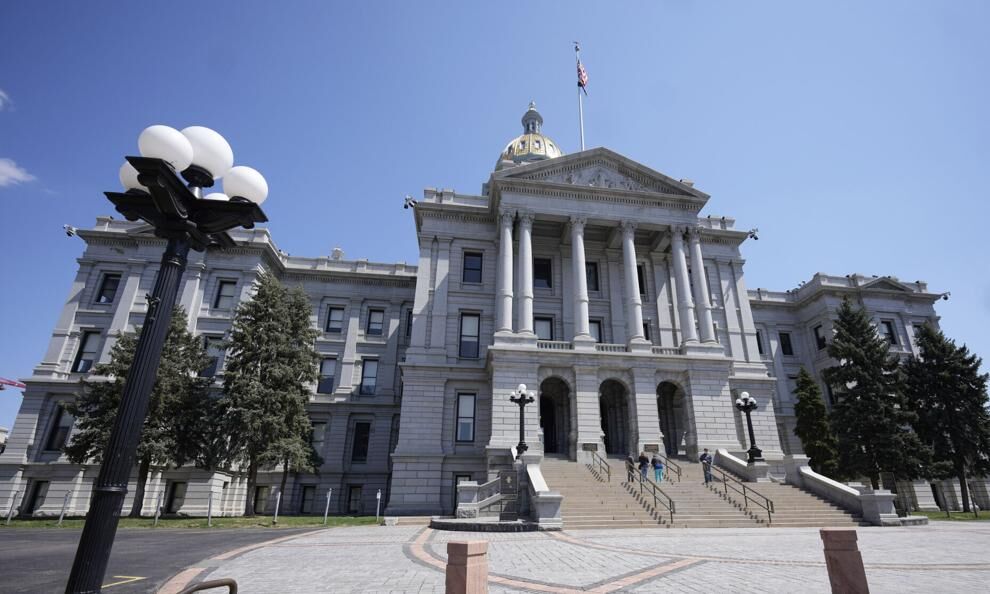
Proposals for the 2024 session are on their way to the Colorado General Assembly, including measures that would cost the state nearly $2 billion.
A recent forecast said lawmakers only have about $23 million to spend for new programs.
The Legislative Council, the bipartisan body that works on bills before the House and the Senate chambers formally consider them, advanced 54 bills sent by a dozen interim and statutory committees.
The largest cost comes from a packet of five bills from the Child Welfare System Interim Study Committee. The bills, if approved, would spend more than $1.8 billion over the next three years, including $64 million in the 2024-25 budget year.
Does the state have the money for those measures?
That’s not a question the Legislative Council addressed during its Nov. 15 review of those measures.
But the most recent revenue forecast presented to the Joint Budget Committee in September already offered a hint.
The forecast showed the state would have about $1.2 billion more in general fund to spend in the 2024-25 budget year. But take out inflationary increases, expected requirements for the state reserve, hikes in provider rates (primarily in health care and corrections), increases tied to current law appropriations, employee compensation hikes and controlled maintenance, and what’s left for new programs is about $23 million.
Notably, the big-ticket items advanced to the legislature on Nov. 15 aren’t on the agenda for Gov. Jared Polis, whose Nov. 1 budget submission to the Joint Budget Committee placed a higher priority on paying off the debt to K-12 schools, public safety, renewable energy, and strengthening workforce development.
Some of the measures, in fact, raised some eyebrows from members of the Legislative Council, who nonetheless green-lighted them.
One bill calls for a comprehensive review of the child mental health system, and the establishment of a new office of children’s behavioral health.
The measure would need $3.3 million in its first year, but its out-year costs are staggering: $553 million in year two and $1.1 billion in the 2026-27 fiscal year.
Rep. Mary Young, a Greeley Democrat who chaired the child welfare committee, told the Legislative Council the revamp would address behavioral health needs for children, youth and families throughout the state and decrease involvement in the child welfare system.
In response, Rep. Judy Amabile, a Boulder Democrat, said while she believes the state needs to invest more in behavioral health, redoing the entire mental health care system for children is beyond the scope of what the child welfare committee was supposed to do.
“These are chronic illnesses. Kids become adults. If we put all our resources into this system and not into creating a system for everyone from birth to death, we will not serve our state well,” Amabile said.
Sen. Dafna Michaelson Jenet, the Democrat from Commerce City who will sponsor the bill, countered.
“Unless we look at the whole child and all the children in the system, we will not have a safe child welfare system,” she said.
Michaelson Jenet admitted she struggled “mightily” with the bill’s fiscal note.
“The content of the bill does call out deficiencies” in the system, said House Speaker Julie McCluskie, who added she couldn’t vote for a bill with a $1 billion price tag.
The council, despite the cost, voted to send the bill to the General Assembly on a 13-5 vote, with Amabile, McCluskie and Senate President Steve Fenberg among the “no” votes.
Voting in favor were six of the committee’s seven Republicans, including House Minority Leader Mike Lynch and Senate Minority Leader Paul Lundeen, as well as seven of the committee’s 11 Democrats.
Another measure, on “kinship” foster homes, carries a price tag of $32 million, half of it from general funds and the rest primarily from federal dollars.
It’s also on its way to the legislature on a unanimous 18-0 vote.
The council also approved three other bills from the child welfare committee:
-
A measure to create a system of care for youth at risk of being placed in out-of-home care, which comes with a cost of $27 million in its first year, $16.2 million of it from general funds. The second year of funding would require $34 million. In the 2026-27 fiscal year, it would grow to $38 million.
-
A bill requiring child abuse or neglect reports to include whether there is evidence of domestic violence in the home will cost $204,000 in the first year and $238,00 in the second.
-
A measure to require the Department of Human Services to assess treatment plans, including whether to appoint a guardian ad litem in dependency and neglect cases, will cost $660,000 in the first year, and $655,000 in the second, almost all of it from general fund dollars.
Amabile chairs a committee that also sent bills with big price tags to the Colorado General Assembly.
The interim committee on treatment of those with behavioral health issues in the criminal and juvenile justice system asked for $55 million over three years. The biggest state cost is $45 million for a crisis response system within the Behavioral Health Administration.
Three bills from the Colorado Youth Advisory Council Committee come with a price tag of nearly $2 million, with $1.8 million of it directed to a grant program on training for “gender-affirming” care.
Meanwhile, a measure from the Legislative Oversight Committee Concerning Tax Policy would reclassify certain residential properties as lodging property if used as short-term rentals. It has the potential to reduce the state’s obligation to K-12 education by $78 million in 2026-27.
The measure is already drawing controversy, according to Amabile.
The role of short-term rentals in every community is different, she said, adding she hopes the bill would look at solutions on a community-by-community basis.
The committee focused on opioid treatment and prevention is seeking more than $50 million over the next three years, including $17.7 million in 2024-25, for three of four measures the panel wants to advance.
The Transportation Legislation Review Committee advanced five bills, all approved by the Legislative Council. Among them are new regulations for towing carriers, an issue that generated attention on one carrier in particular, Wyatt’s Towing. The measure would bar towing carriers from patrolling or monitoring a property to enforce parking restrictions.
The Legislative Council also advanced a bill on a state tax credit for those who purchase transit passes, which will cost the state $1.9 million in 2024-25.






